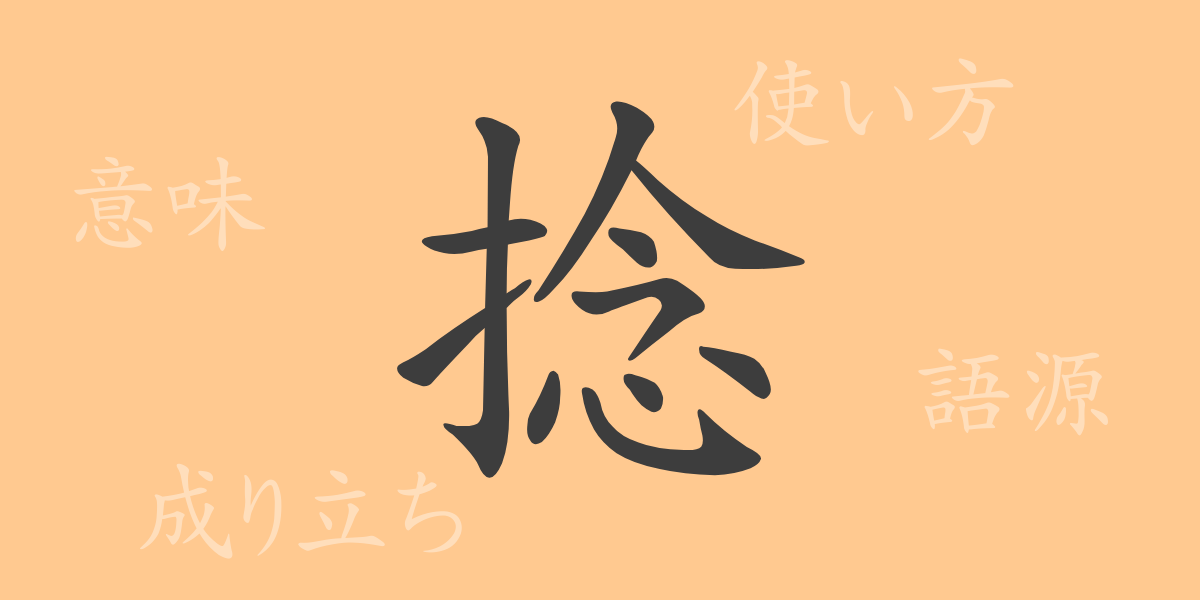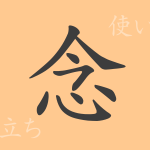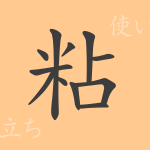Japanese characters, Kanji, hold a profound history and meaning, enriching expressions within the language. In this article, we spotlight the Kanji ‘捻 (ねん)’, exploring its allure. We will delve into the world of ‘捻’, uncovering its origins, meanings, uses, and even its application in phrases and idioms, revealing the depth of Japanese language.
Origins of ‘捻 (ねん)’
The Kanji ‘捻’ originated from ancient China, combining ‘扌 (てへん – hand radical)’ representing the hand, with ‘念’, which depicts the act of twisting threads. This combination expresses the action of twisting, originally indicating the physical act of twisting threads, which evolved to encompass abstract meanings like manipulating or innovating.
Meaning and Usage of ‘捻 (ねん)’
‘捻’ embodies both the physical act of twisting and metaphorical nuances such as innovating or finding unexpected solutions. For instance, ‘捻出 (ねんしゅつ – to devise)’ refers to creatively sourcing funds, and ‘捻転 (ねんてん – sudden change)’ indicates a drastic turn in situations. These usages contribute unique expressions to the Japanese language.
Readings, Stroke Count, and Radical of ‘捻 (ねん)’
Let’s explore the structure and fundamental details of the Kanji ‘捻’:
- Readings: On’yomi ‘ネン’, Kun’yomi ‘ひねる’, ‘ひねり’
- Stroke Count: Composed of 11 strokes.
- Radical: 扌(てへん – hand radical).
Phrases, Idioms, and Proverbs Using ‘捻 (ねん)’
The Kanji ‘捻’ appears in numerous phrases and idioms, representing specific situations or emotions:
- 捻出 (ねんしゅつ): To ingeniously come up with something necessary.
- 捻転 (ねんてん): A sudden change in circumstances.
- 捻くれ者 (ひねくれもの): A contrarian, someone who often opposes conventional beliefs.
- 捻りを加える (ひねりをくわえる): To add a twist or innovation to something.
- 捻れた縄 (ひねれたなわ): A proverb meaning a situation that has become complexly entangled.
Conclusion on ‘捻 (ねん)’
This article has focused on the Kanji ‘捻’, exploring its origins, meanings, applications, and presence in idiomatic expressions. The use of Kanji in Japanese is not merely about writing but a crucial means of conveying cultural depths and thought processes. Even less commonly used Kanji like ‘捻’ play a vital role in enriching Japanese expressions. We hope this exploration deepens your understanding and appreciation of the language.

























